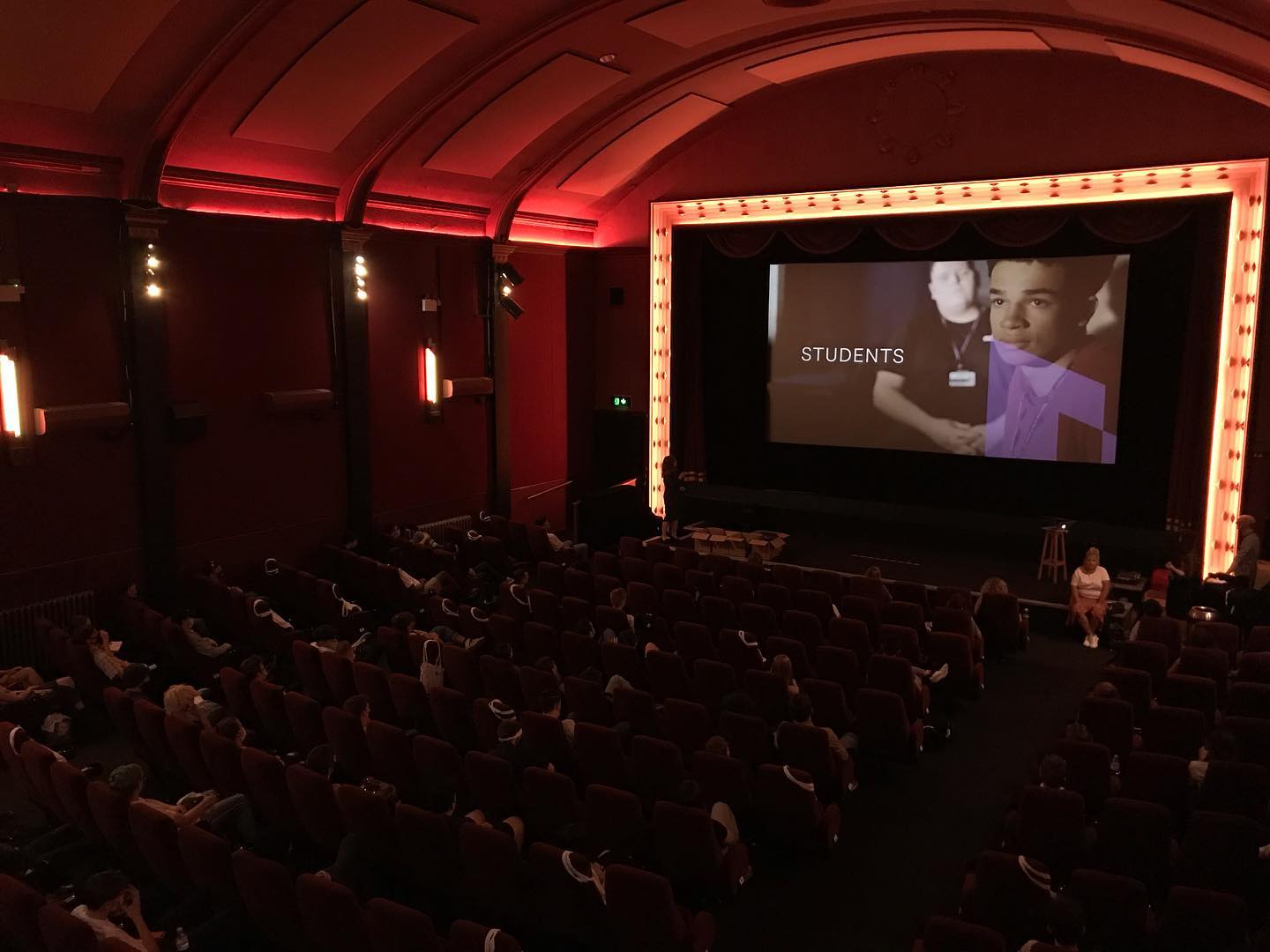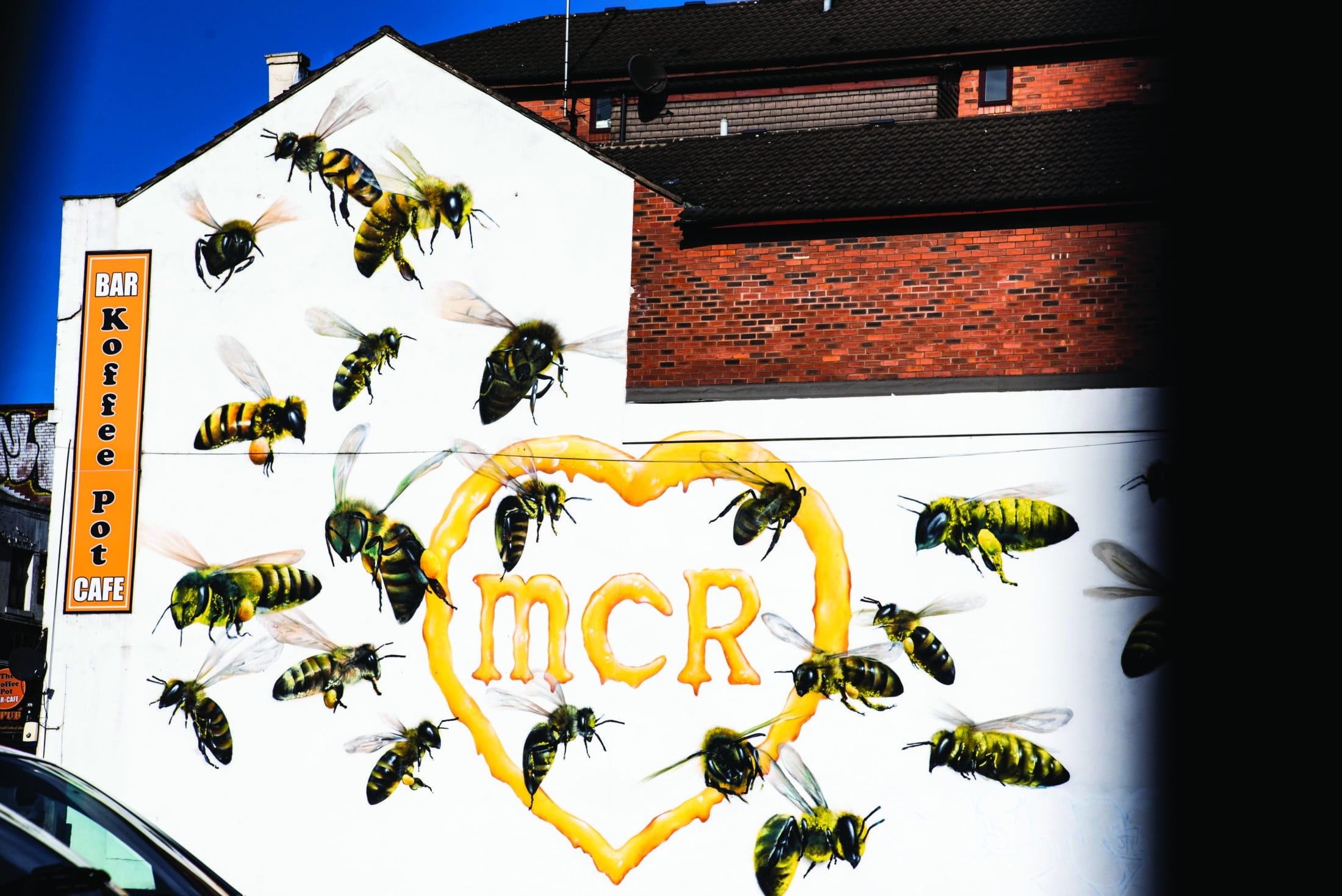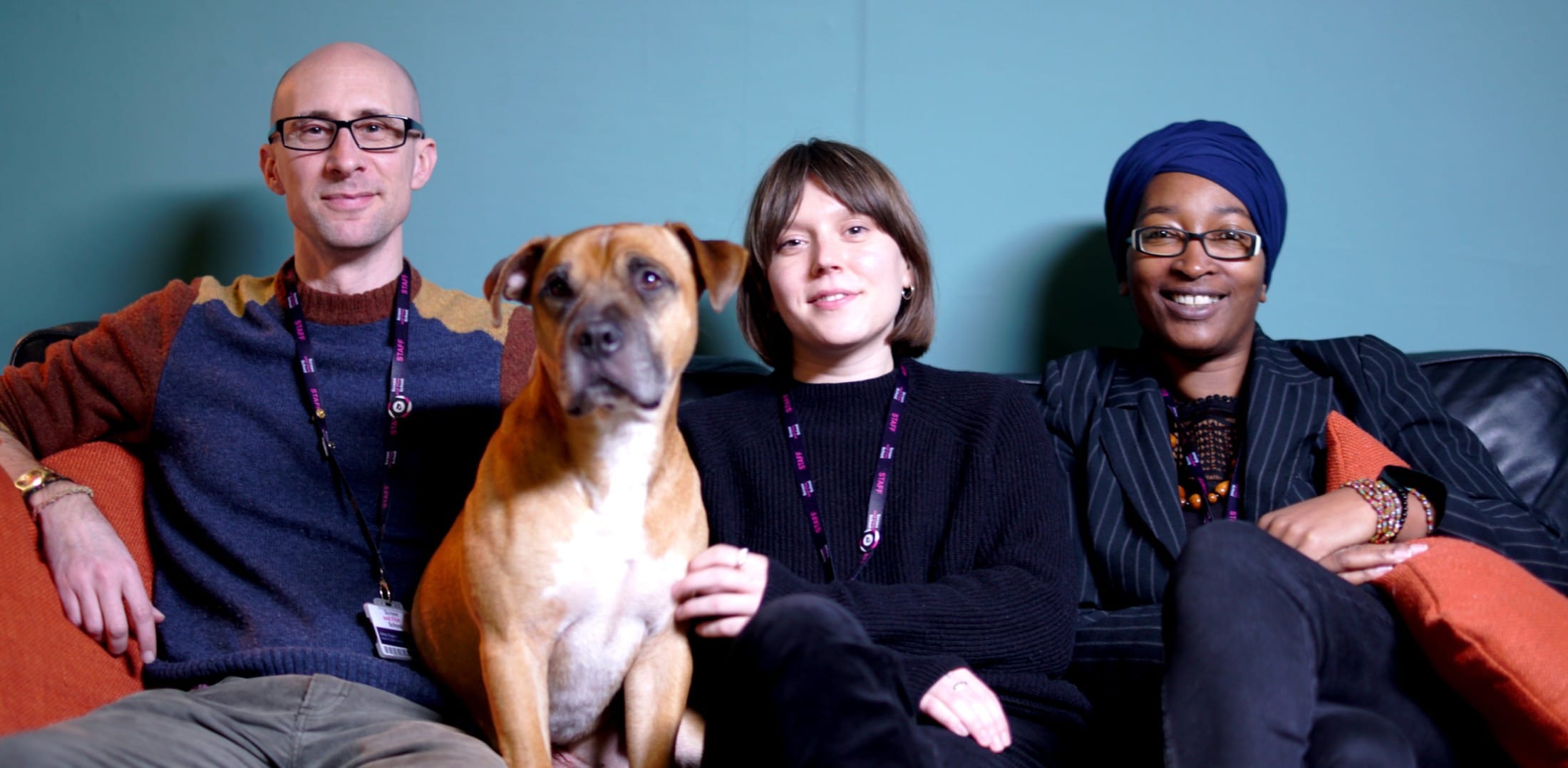Few things can be as daunting as sitting with an empty word document in front of you as you prepare to write your personal statement.
Feeling a little overwhelmed? Don’t panic! We’ve put together some top tips for creating a personal statement that articulates your ambitions for studying with us at Screen and Film School!

Plan first!
Never underestimate the value of a good plan! One of the easiest ways to start writing your personal statement is by coming up with a structure plan- this will help stop you rambling and make sure each component is in it’s rightful place.
A personal statement structure could look like this:
- Introduction
- Your current education so far and why it’s relevant to this course
- Your future plans and goals and how they connect to your past education
- Your hobbies and interests, and how they relate to your passion for this subject
- Conclusion: A summary of all of the above and why you want to study on this course
Hit the key points
In the planning stage sometimes it helps to make bullet points of the important questions you want to answer in your statement. These should include:
- Why do you want to study this subject?
- What previous experience in filmmaking/business studies do you have?
- What personal experiences have encouraged you to explore this subject leading to the desire to study at University?
- Where do you think a degree in this subject might take you in the future?
- What do you like to do in your free time?
- What prizes have you won or positions achieved in your interests?

Don’t fixate on the opening lines
Contrary to popular belief, sometimes starting at the beginning is the hardest place to begin! Try not to fixate too much on the perfect lines to open your personal statement- you can always go back and change them in your second draft. The most important thing to put across is your passion and enthusiasm for your subject, so take a few moments to think about why this course matters to you, and then start writing it down.
Drafts are your friends!
It’s important to remember that there’s a huge difference between your first draft and your final draft! Once you’ve decided on a basic structure you should start getting all your thoughts on paper without adhering to the word count. Don’t worry about making it perfect- this is what edits and second drafts are for!
Are you ready to tell your story?
The UCAS deadline has been extended to 6pm on 29th January!



